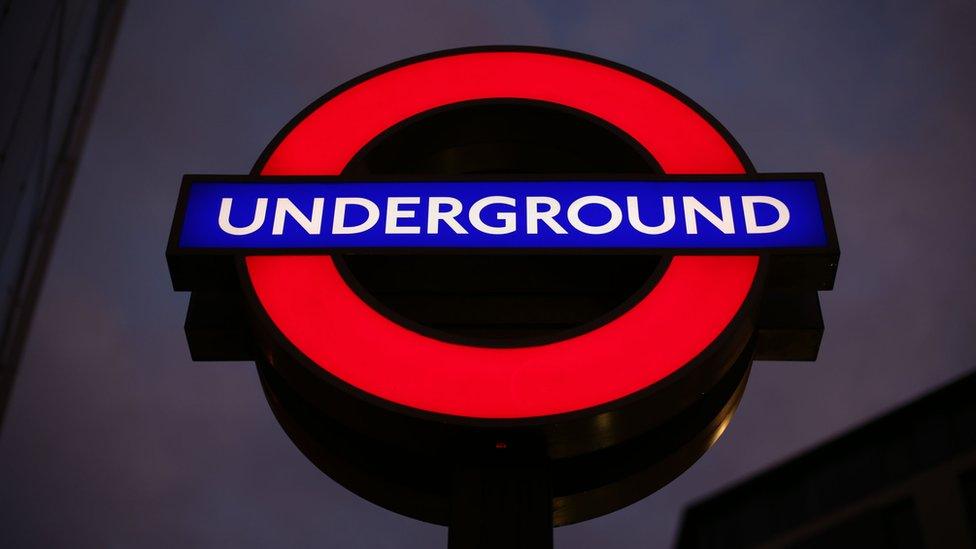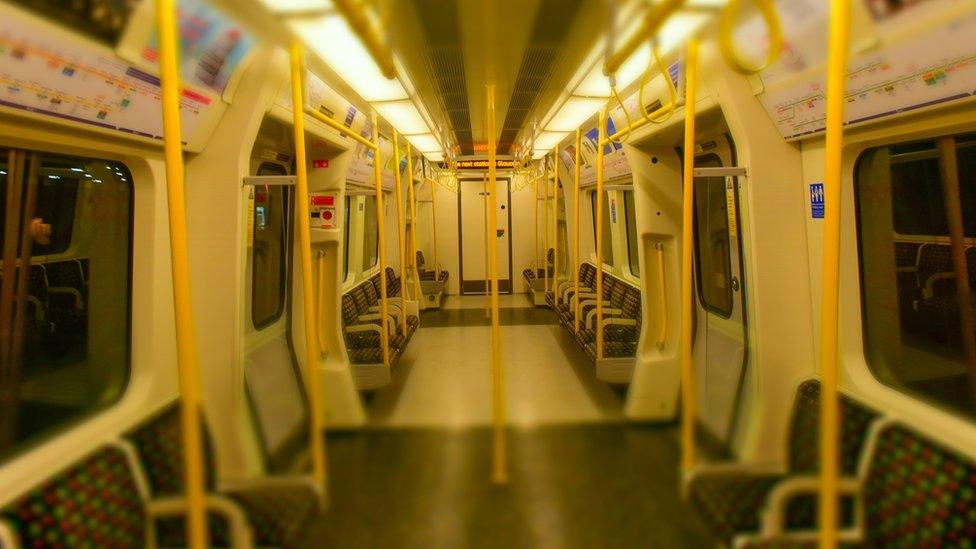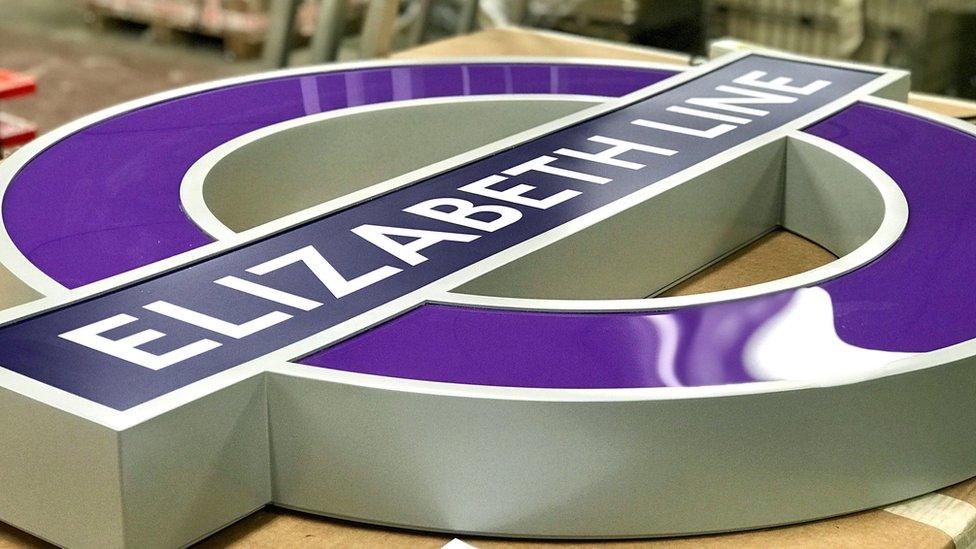Fares could rise across London transport
- Published

Jobs are set to be cut as TfL aims to save 30% of its budget for back office staff
Fares could increase across public transport as part of plans to balance Transport for London's (TfL) budget.
The transport authority has announced that from 2021 fares could increase by 1% above inflation.
About 2,500 jobs are at risk as TfL looks to cut 30% from its back office budget, BBC London's transport correspondent Tom Edwards said.
Infrastructure projects such as work to ease overcrowding at Camden Station and deep-line signalling have been paused.
TfL said it had received an average cut of £700m per year in government funding.
It added that in recent years Londoners were making slightly fewer trips each per day, leading to reduced income from fares.
Overall, it has forecast income from fares over the next five years will be about £2.1bn lower than originally expected; a reduction of 7%.
All non-safety critical renewal work on the roads has been paused
Work to improve signalling on deep Tube lines such as the Piccadilly has been delayed
TfL is in discussion with the government to begin operating Reading to Paddington services ahead of the completion of Crossrail
Stations including Finsbury Park, Hanger Lane and Wimbledon Park will be step-free
Work to upgrade signalling on the Circle, District, Hammersmith & City and Metropolitan Lines will be completed, meaning there will be a 33% increase in trains running by 2023
Completion of the Northern Line to Battersea
It has also said it wants all deaths or serious injuries on the transport network eliminated by 2041 and 80% of all journeys to be made by public transport, cycling or walking.

Fewer trips are being made on the Tube leading to a loss in revenue
The plan also aims to implement the Ultra Low Emission Zone from April 2019 and making the entire bus fleet Euro VI compliant by September 2020.
From October 2020, the Low Emission Zone which covers the whole of London will also be strengthened so all buses, coaches and lorries across the capital will need to meet this standard to avoid paying a daily charge.
A year after that, the emission zone will be extended to the North and South Circular roads for all vehicles.
The final budget is approved by the London mayor, for which there will be an election in May 2020.
- Published10 December 2018

- Published7 February 2018
- Published9 January 2018
- Published7 November 2017
